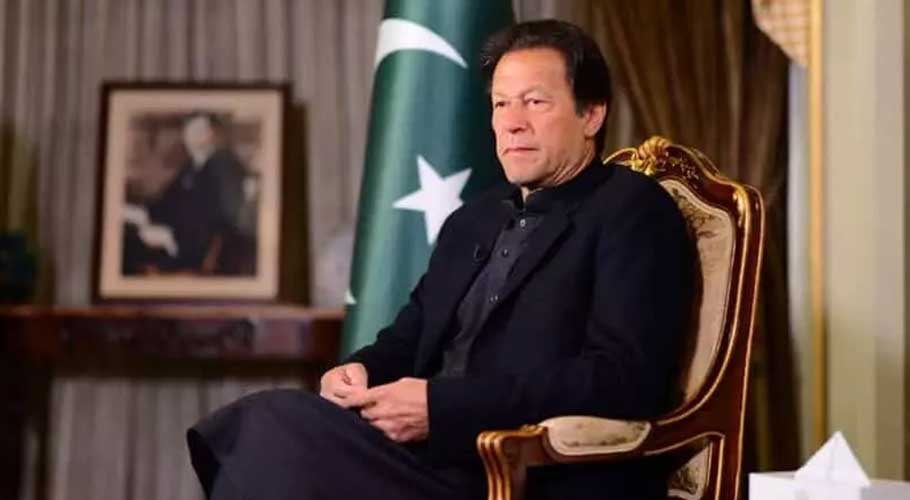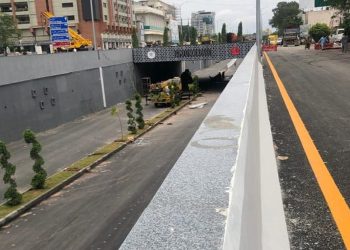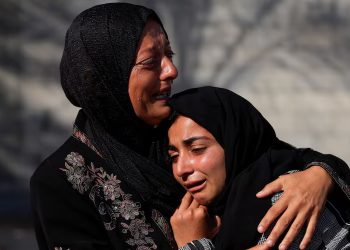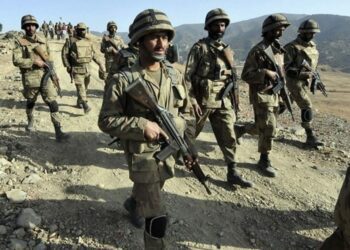Pakistan Tehreek-e-Insaf (PTI) Chairman Imran Khan took over as the 22nd Prime Minister of the country on August 18, 2018. Pakistan’s democratic history has been turbulent at best. The political landscape of country is abuzz with rumors about the future of Prime Minister Imran Khan.
Meanwhile, the opposition parties, under the banner of Pakistan Democratic Movement, are trying to oust the government by different strategies including public gatherings, resigns from assemblies and long march.
However, Prime Minister Imran Khan, Foreign Minister Shah Mehmood Qureshi, Interior Minister Sheikh Rashid Ahmed and special assistants have repeatedly said that the government will complete its five years in any case. Let’s take a look at the various aspects of the political turmoil in the country.
The rise of Imran Khan
Establishing his party in 1996, Khan was mocked by many who felt that he would not be able to make his way in Pakistan’s strong two-party system. Pakistan Muslim League-Nawaz (PML-N) grip over the largest province of Punjab and Pakistan’s People Party’s (PPP) who have control over the second largest province of Sindh, made it difficult for Imran Khan to break the two-party system.
In the general elections of 2013, Khan’s party only secured 33 seats in National Assembly, yet it succeeded in forming a provincial government in Khyber Pakhtunkhwa (KP). Unlike its predecessors, Khan’s party brought some tangible governance reforms which greatly contributed to his popularity.
Since 2013 PTI has been on the frontline of development in KP, partnering with NGOs, social enterprise representatives, the private sector and international development agencies.
The tenure
Imran Khan’s Pakistan Tehreek-e-Insaf (PTI) claimed victory in the 2018 general elections without majority seats in the new parliament. The incumbent Prime Minister had repeatedly said that he wants to make the Islamic Republic of Pakistan a state of Madinah.
All the efforts that Prime Minister Khan and his government are making for resolving of minor and major national concerns, and their hours-long work every day to figure out ways of eradication of issues, micro and macro: Imran Khan’s government faced a lot of failures.
His anti-corruption claims received a further blow as his own party stalwarts and cabinet members were accused of taking part in a scheme to earn huge profits by creating artificial shortages of wheat flour and sugar and selling the commodities at high prices in the local market.
Khan’s promise of improving the economy also did not work out well. The International Monetary Fund (IMF) in April this year projected Pakistan’s economy to shrink by 1.5 percent during the current fiscal year.
Although the COVID-19 pandemic played an obvious role in that forecast, pre-pandemic growth in FY2019 was just 3.3 percent. According to the country’s Finance Ministry, the revenue shortfall and increase in public spending has taken the fiscal deficit from the initial target of 7.5 percent of GDP to 9.4 percent.
Pakistan Democratic Movement
Meanwhile, the opposition parties have decided to resign from the national and provincial assemblies, along with a long march, in a move to confirm commitment to their ultimate goal of removing Khan’s government.
According to reports so far, dozens of members of opposition parties have tendered their resignations to their respective party leaderships. However, some party leaders have shared displeasure over the decision.
Senate elections
Reportedly, one of the reasons the PDM has declared its intent to resign has to do with the incoming Senate election. On the other hand, the Imran Khan-led federal government has played a clever play card by considering holding the Senate elections earlier and approaching the Supreme Court to hold the polls through ‘show of hands’.
Show of hands refers to voting that is cast for any resolution where the members use their hands to vote for or against the resolution. Whereas, voting by poll refers to a system where polling paper is distributed among the members present at the meeting.
During the Senate elections, the issue of buying and selling of votes in the country comes to the fore. Political parties openly try to win votes by offering different incentives to other party members.
Will govt be able to complete its tenure?
In case of resignation, the government has the power to hold new elections, bring new PTI members to the Assembly and Senate and strengthen the government. Imran Khan can relax in his seat — mainly because all the opposition strategy have apparently failed.



































